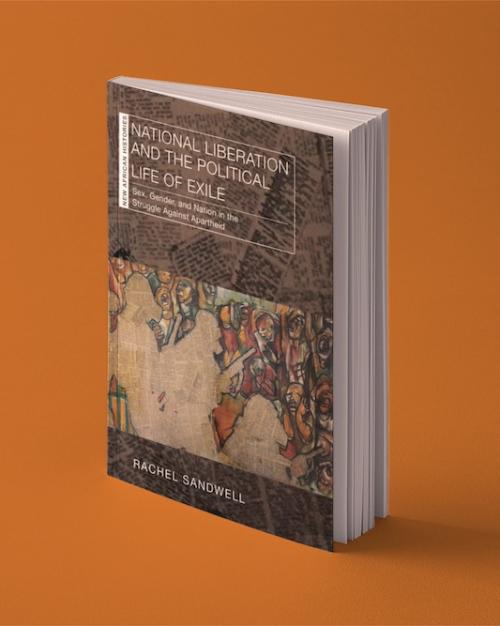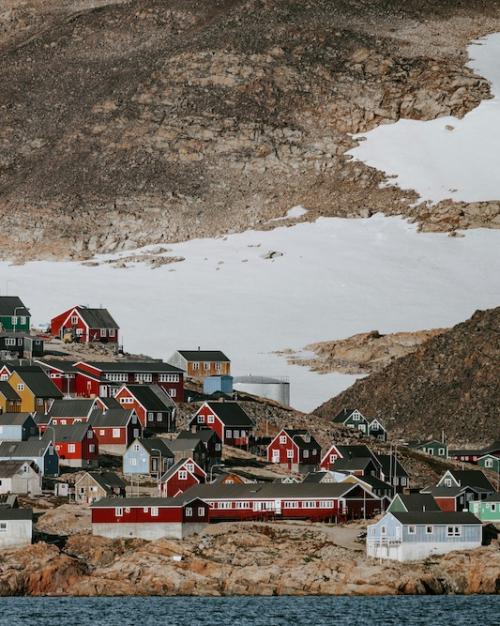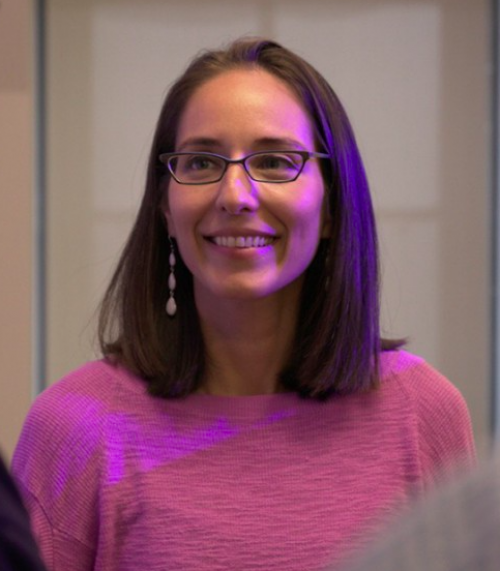Rosa Ficek ’03 and her students were heavily into their research on the impact of invasive species on their home island of Puerto Rico when Hurricane Maria struck last fall.
So Ficek, an associate researcher at the University of Puerto Rico at Cayey, put that work aside to lead her students on a more urgent project – studying the politics of infrastructure and the rebuilding of the island.
Ficek, who majored in anthropology and Spanish as an undergrad, visited campus in March to talk about this project and to share her experiences at Cornell and in graduate school with students.
“After the hurricane, my students and I regrouped to try to make sense of our experiences and our situations,” she said. “There’s a lot of anger and people are really upset at the way things have played out.
“People want to be positive after so much disaster and catastrophe and think about how to rebuild and how to recover, but I think we need to do that very critically,” Ficek said.
After the hurricane, Ficek and her students each wrote autoethnographies (an approach to research using self-reflection to explore personal experiences to understand wider cultural and social meanings) about their experiences during and after the storm, and discovered some common themes, which they decided to explore in a series of posters they’ve designed and will distribute on social media.
“Puerto Rico has a tradition from the mid-20th century of making art posters to announce cultural events like films and workshops,” Ficek said. “They are full of cultural symbols and, throughout our history, have allowed people to imagine themselves as a modern nation. The posters we are working on address the unraveling of this story of modernization.”
As students thought about topics for their posters, the idea of normality was one that kept rising to the top – did Puerto Rico want to rebuild to its old “normal,” so the country could go back to the way it was before Maria? Or should Puerto Ricans work and plan for something better?
The unevenness of the recovery has been symbolic of some historic divisions, Ficek said, and the storm also accentuated problems related to water pollution and environmental degradation caused by the island’s industrialization.
“One of the insights we’ve had is how access and vulnerability are distributed unevenly and how that maps on to race and class and gender,” she said.
Some of the posters students created focus on material objects, such as electrical generators, and how those became central to peoples’ lives after the storm, Ficek said. Students considered not only the importance of having power, but also the impacts of massive generator use related to pollution, noise and a continual reliance on fossil fuels, which contribute to climate change.
Other posters focused on natural resources such as water and its scarcity following the storm. Students researched the pollution of the island’s natural water sources, the challenges posed by not being connected to the mainland, and the waste and trash created by using bottled water.
As the semester winds down, Ficek will resume her research into invasive species and the social and cultural impacts of infrastructure development projects such as highways.
Ficek chose Cornell as an undergraduate because she knew she could pursue her multiple interests, which included archaeology, anthropology and literature.
The Latin American studies program introduced her to speakers from all over the world and political issues she had never thought deeply about. She connected to the Latino student community and became a part of Teatrotaller, an organization that promotes Spanish, Latin American and Latino cultures through theater.
“The introductory Latin American studies class introduced me to human rights and histories in Latin America that I wasn’t aware of and to see how my own experience fit into that scenario,” she said. “That class opened me to thinking about issues of social justice.”




